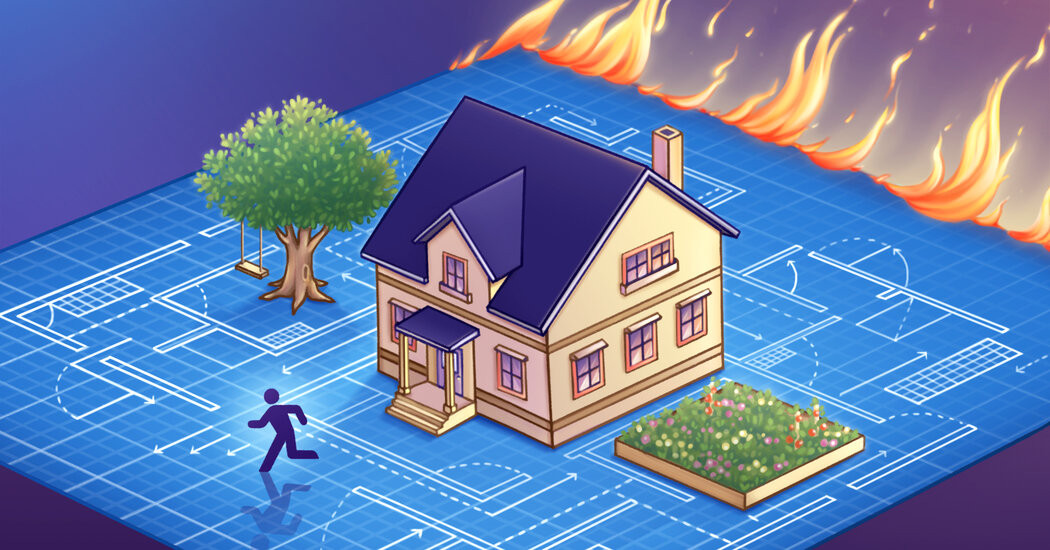

Losing your home in a disaster when you’re at or near retirement age can derail your finances and jeopardize the funds you were counting on.
Sandra and Tom Johnson were at home in Los Angeles County one January night, watching the news of the Palisades fire on television, when a neighbor knocked on the door. He wanted them to see it: flames in the mountains in nearby Eaton Canyon.
Within the hour, firefighters ordered the Johnsons to leave their home in the community of Altadena. “We just had to forget our stuff, grab our dog and run,” said Ms. Johnson, 72, a retired mail truck driver for the Los Angeles Unified School District.
The couple sped off while fire consumed their home of 49 years, as well as the yard studded with fruit trees and vegetable patches that Mr. Johnson, 76, had meticulously tended.
They went to their daughter’s house in Palmdale, an hour north, and almost four months later, they’re still there. As they contemplate their next move, one thing feels clear: They are not going back and rebuilding. It’s a particularly fraught calculation for those 50 and older.
“It’s too hard at this age to wait years and years and years to be back to normal,” Ms. Johnson said.
Over the course of one short week, the Palisades fire, on the west side of Los Angeles County, and the Eaton fire, on the east side, destroyed more than 16,000 structures and damaged over 2,000 more, according to the state. Not counted in that tally are homes the blaze skirted, but are still uninhabitable because of smoke damage and a lack of utilities. That translates to tens of thousands of households trying rebuild or sell at a time when federal tariff and immigration policies could make constructing homes more complicated and expensive.



